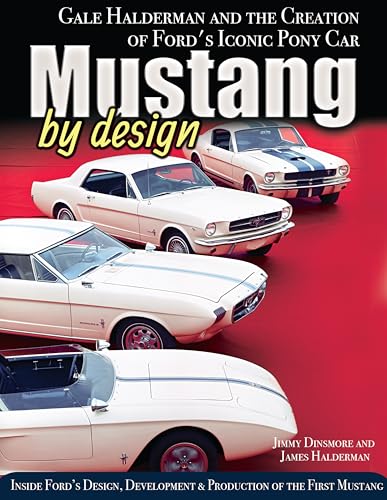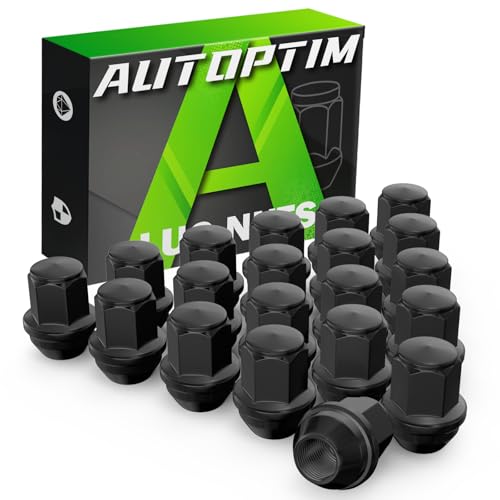90 wt oil not thicker than 30 wt? interesting

That is correct: When the SAE decided on the number scale for viscosities of different automotive lubricants, they made some simple yet ingenious decisons with regards to the average consumer's habit of making basic assumptions that would actually be wrong.
To wit:
If a hypothetical consumer was in the autoparts store looking for "30 weight motor oil", he would probably take most notice of the "30 weight" listed on the container, and not really what the fluid actually was...for instance gear oil vs motor oil.
So, this hypothetical car-guy may easily and accidentally grab some 30-weight gear oil thinking it was 30-weight motor oil, and install it in his engine's crankcase. That is bad.
So...to try and prevent this, they decided on a numbering scale unique to each of those fluids.
PCMO (Passenger Car Motor Oil) generally has viscosities listed no higher than 60-weight, while gear oils will generally have the lowest viscosity listed as a 70-weight. This is not a rule, or even mandatory...just a strongly-preferred guideline set up by the SAE.
Intersetingly, the actual gradients of centipoise (where viscosity values are ultimately derived from) of PCMO vs Gera Oil are nearly identical. So, in a way...it could be said that a 90-weight gear oil has the SAME physical viscosity as a 30-weight motor oil.
I have found it humorous over the years when i have heard of some "knowing mechanics" who will have an engine that is worn out beyond reasonable use, and will try to salvage a severe rod knock or massive oil consumption probelm by filling the crankcase with 90-weight gear oil, obviously thinking that "since 90-weight gear oil is THREE TIMES as thick as 30-weight motor oil, it should quiet down the knock a bit, or slow down the oil burning."
Unfortunately, none of that is actually true.
Here is a little quiz for those of you that care to try:
One of the lubricants in automotive gear oil (GL-3 thru 5) is chlorine and chlorinated derivatives. That is partially what gives gear oil the awesome ability to provide surface-film strength(hydro-static) lubrication without the aid of an oil pump or any device providing supra-ambient pressure.
Since the chlorine is such a good barrier lubricant, most would think that it would be an excellent additive to incorporate into PCMO (passenger car motor oil), for obvious reasons.
However, PCMO cannot have any type of chlorine or chlorine derivatives in it. How come?
And another note: many of you will remember "Dura-Lube", and the similar products that stormed the TVs back in the 80's and 90's with thier amazing claims. The original formula of Dura-Lube in fact was LOADED with chlorinated solvents, and lots of zinc too. And it did perform as advertised.
So, the question again is: Why was Dura-Lube forced to remove all chlorine from thier engine formula and why is it a bad thing?





















































